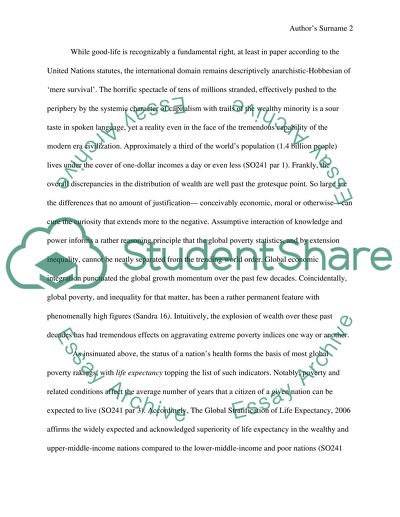Cite this document
(“World Poverty: A Never Ending Situation Research Paper”, n.d.)
World Poverty: A Never Ending Situation Research Paper. Retrieved from https://studentshare.org/english/1461253-world-poverty
World Poverty: A Never Ending Situation Research Paper. Retrieved from https://studentshare.org/english/1461253-world-poverty
(World Poverty: A Never Ending Situation Research Paper)
World Poverty: A Never Ending Situation Research Paper. https://studentshare.org/english/1461253-world-poverty.
World Poverty: A Never Ending Situation Research Paper. https://studentshare.org/english/1461253-world-poverty.
“World Poverty: A Never Ending Situation Research Paper”, n.d. https://studentshare.org/english/1461253-world-poverty.


